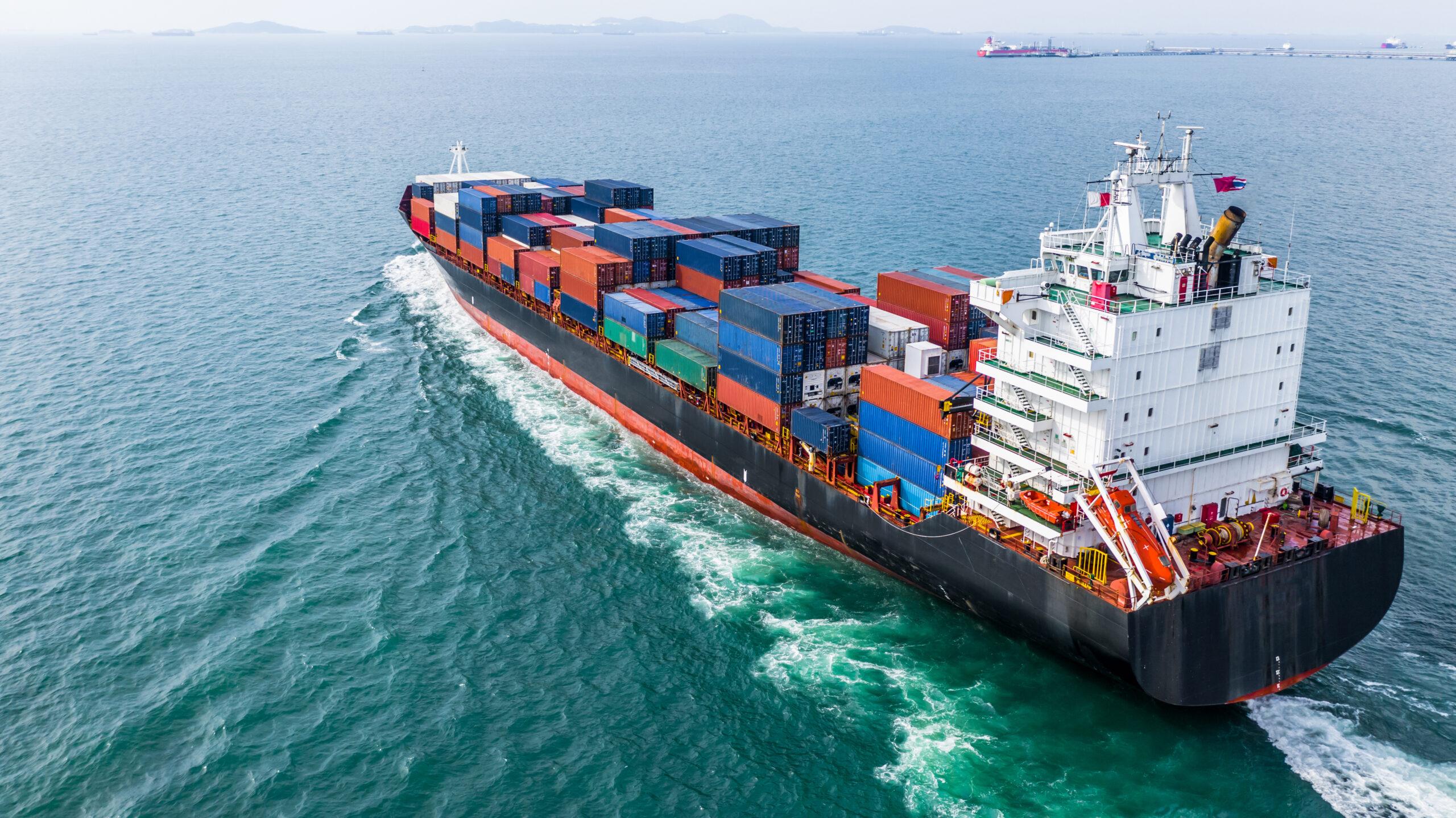Global trade presents a set of challenges not found domestically. International trade means contending with currency fluctuations, logistical challenges, and cultural barriers on every transaction. Yet, it may be the laws of each country presenting the most difficult obstacles for a trading company to overcome.
The laws imposed by the countries you trade with are varied and constantly changing. What may be an acceptable trade practice today may change tomorrow with the stroke of a pen. Fortunately, international trade finance companies like Tradewind are there to step in when trade laws affect your export factoring contracts.
Why Do Governments Impose Trade Laws?
Governments establish trade laws for a variety of reasons. Understanding why governments impose trade laws helps companies avoid costly trade deals and jump on new opportunities. In general, governments will impose a trade law for one of the following reasons:
- Politically: Countries may use trade laws, such as tariffs, to protect specific industries (and by extension, votes). Other times, trade sanctions are used as a retaliatory measure against another nation or as an incentive to grow trade relations.
- Economics: Job protection can be accomplished by issuing trade laws that restrict the importing of certain products. Additionally, trade law can be used to help grow burgeoning industries within a country.
- Culturally: Nations may want to restrict imports of goods and services from other nations deemed culturally invasive. For example, many American products are restricted or barred from entering countries who wish to limit the imposition of American culture.
- Socially: Trade laws can be used to force the hand of other countries who may be engaged in behaviors not acceptable by a trading partner. Countries participating in such practices as whaling and human trafficking, as well as other practices with socially condemnable implications, have seen trade laws issued against them with the hopes of affecting change in the enforcement and implementation of socially acceptable law.
Export factoring companies can include provisions in export financing contracts that accommodate and protect their clients from current trade laws and future unexpected changes.
How Do Governments Impact Trade?
Every government has a toolbox full of ways that can affect goods moving in and out of their country. Some methods, such as tariffs, are well known as they are usually implemented as a part of a broader economic strategy made public. However, other strategies may not be so obvious, yet can be just as disruptive.
- Currency: The ability to convert currency easily improves the ability of two countries to trade with one another. When, however, one country restricts the convertibility of their own currency or increases exchange rates, importing slows. Supply chain finance companies can absorb this risk within their export factoring contracts.
- Policies: When a country wishes to deter trade with other nations, hefty administrative requirements may be imposed. Administrative policy is the red tape bureaucrats use to make trade difficult, usually as a protectionary or retaliatory measure. The best factoring companies are adept at navigating the administrative maze on behalf of their clients.
- Tariffs: Regardless if tariffs are imposed as a fixed charge or ad valorem, export factoring contracts must contemplate the added cost associated with the exporting of goods. While it is common for most factoring companies to take on the risk of changing tariffs, it is important to understand exactly how tariff responsibilities are addressed.
- Quotas: Some countries will impose import quotas and export restraints upon certain types of goods. Although typically reserved for raw materials, it is not unheard of to have common goods, such as electronics, suddenly subjected to a country’s quota requirement, thus limiting how much product can be delivered.
Monitoring constant change in trade law among dozens of countries is a never-ending endeavor. If you miss an important trade law change, your next trade deal could turn sour in a hurry. Fortunately, in addition to providing liquidity for your company, professional international trade finance companies will also help you navigate the ever-changing landscape of trade law.
The Link between Export Factoring and Trade Laws
Export factoring involves an agreement between the factor and the exporter. A part of the agreement is that the factor accepts the risk of the foreign buyer’s ability to pay. Taking on the risk of default requires factors to evaluate your buyer’s credibility in conjunction with the greater market.
The buyer’s ability to pay is not only contingent simply on their capability to move product and generate revenue themselves, but also how trade laws can inhibit their ability to re-pay on the factored terms. By engaging a factoring firm, great care is taken to address the trade laws affecting your particular export factoring contract. The ultimate goal is for all parties to be in a profitable win-win trade deal by avoiding potential trade law pitfalls.


